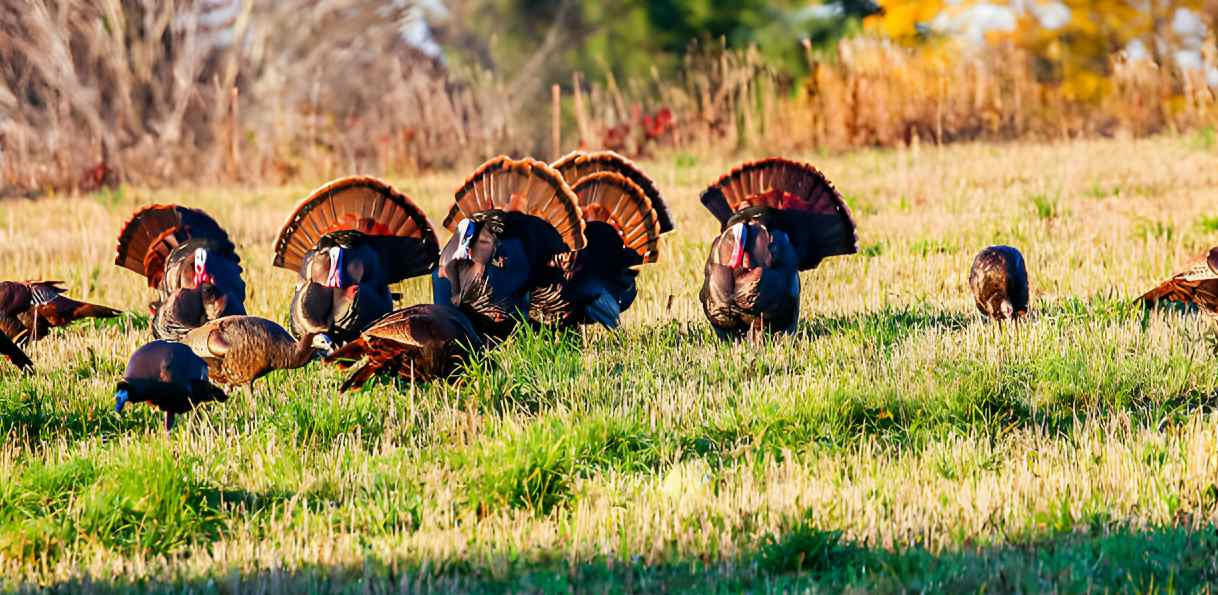Turkey hunting is a thrilling experience that combines skill, patience, and a touch of luck. Whether you’re a seasoned hunter or a newbie looking to try your hand at the sport, knowing the best time to go turkey hunting in Turkey can make all the difference. In this article, we’ll dive into the optimal hunting seasons, tips for successful hunting, and resources like the turkey hunting forum that can help enhance your experience.
Introduction
Turkey hunting in Turkey offers an exhilarating blend of nature, tradition, and challenge. Imagine waking up before dawn, the crisp air filling your lungs, as you prepare for a day of adventure in the great outdoors. But just like any great endeavor, timing is crucial. So, what is the best time for turkey hunting in Turkey? Let’s explore this fascinating subject together.
Why Turkey Hunting?
Turkey hunting is more than just a sport; it’s a rite of passage for many. It fosters a deep connection with nature, teaches patience, and can even provide sustenance for the table. For some, it’s about the thrill of the chase, while for others, it’s about gathering with friends and family to share in the experience.
Understanding Turkey Species
Turkey hunting in Turkey mainly revolves around two species: the Wild Turkey and the Eastern Wild Turkey. Knowing the characteristics and behaviors of these birds can significantly enhance your hunting strategy. Wild turkeys are known for their keen eyesight and hearing, making stealth and preparation vital.
The Best Seasons for Turkey Hunting
The timing for turkey hunting can vary based on the region and climate. Here are some key points to consider:
Spring Season
The spring season is generally considered the prime time for turkey hunting. This is when male turkeys, or toms, are most active during the mating season. They are more vocal and easier to call during this period, which typically runs from mid-March to late May in most parts of Turkey.
Fall Season
While spring is the most popular time for turkey hunting, fall hunting can also be rewarding. In the fall, turkeys are more focused on foraging for food, making them slightly easier to track. The fall season in Turkey usually spans from September to November.
Peak Activity Times
Turkey activity tends to peak in the early morning and late afternoon. Therefore, planning your hunts during these times can increase your chances of success.
Factors Affecting Turkey Hunting Timing
Several factors influence the best time for turkey hunting, including:
Weather Conditions
Turkeys are sensitive to weather changes. Overcast days can lead to more active birds, while heavy rain or snow may drive them to shelter.
Moon Phases
Some hunters believe that the phases of the moon can impact turkey behavior. Full moons may lead to increased activity during the night, affecting daytime hunting.
Local Regulations
Always check local hunting regulations, as specific dates for turkey hunting can vary by province and may be influenced by conservation efforts.
Preparing for Turkey Hunting
Preparation is key to a successful hunt. Here are some steps to consider:
Researching Locations
Identify popular hunting spots in Turkey known for turkey populations. National parks, forests, and private lands often provide excellent opportunities.
Scouting the Area
Before the season starts, scout your chosen location. Look for signs of turkey activity, such as tracks and droppings, and identify potential roosting sites.
Gear and Equipment Needed
Having the right gear can make your turkey hunting experience smoother and more enjoyable. Here’s a list of essentials:
- Shotgun or Bow: Depending on your preference and local regulations.
- Camouflage Clothing: Helps you blend into the surroundings.
- Calls: Various types of turkey calls (slate, box, or diaphragm calls) to attract birds.
- Decoys: Using decoys can make your hunting more effective by simulating a natural environment.
Essential Hunting Techniques
Successfully hunting turkeys requires a blend of skill and strategy. Here are some techniques to keep in mind:
Calling Techniques
Learn how to effectively use turkey calls. Mastering the sounds of a hen turkey can entice toms and increase your chances of a successful hunt.
Patience and Stealth
Move slowly and quietly. Turkeys have excellent hearing and eyesight, so patience is crucial when setting up your position.
Finding Roosts
Understanding where turkeys roost can significantly impact your success. Scout at dusk or dawn to identify roosting trees.
Safety Tips for Turkey Hunting
Safety should always be a priority when hunting. Here are some essential tips:
- Wear Blaze Orange: To ensure visibility to other hunters.
- Identify Your Target: Always be sure of your target and what is beyond it.
- Hunt with a Partner: Whenever possible, hunting with a buddy can enhance safety.
Utilizing Technology in Turkey Hunting
In today’s digital age, technology can be a hunter’s best friend. Consider using:
- GPS Devices: To track your location and plan routes.
- Hunting Apps: These can provide real-time information about weather conditions and help you connect with other hunters.
Resources: The Turkey Hunting Forum
Looking for expert advice and tips? Join the turkey hunting forum! Here, you can connect with seasoned hunters, share experiences, and gain insights into successful hunting strategies. Forums like these can be invaluable for learning from others and enhancing your skills.
Conclusion
Turkey hunting in Turkey is an enriching experience that offers the thrill of the hunt along with the beauty of nature. By understanding the best times to hunt, preparing adequately, and utilizing the right techniques and resources, you can make your turkey hunting adventure both enjoyable and successful. So, get out there, enjoy the journey, and remember to share your experiences on forums to help others!

